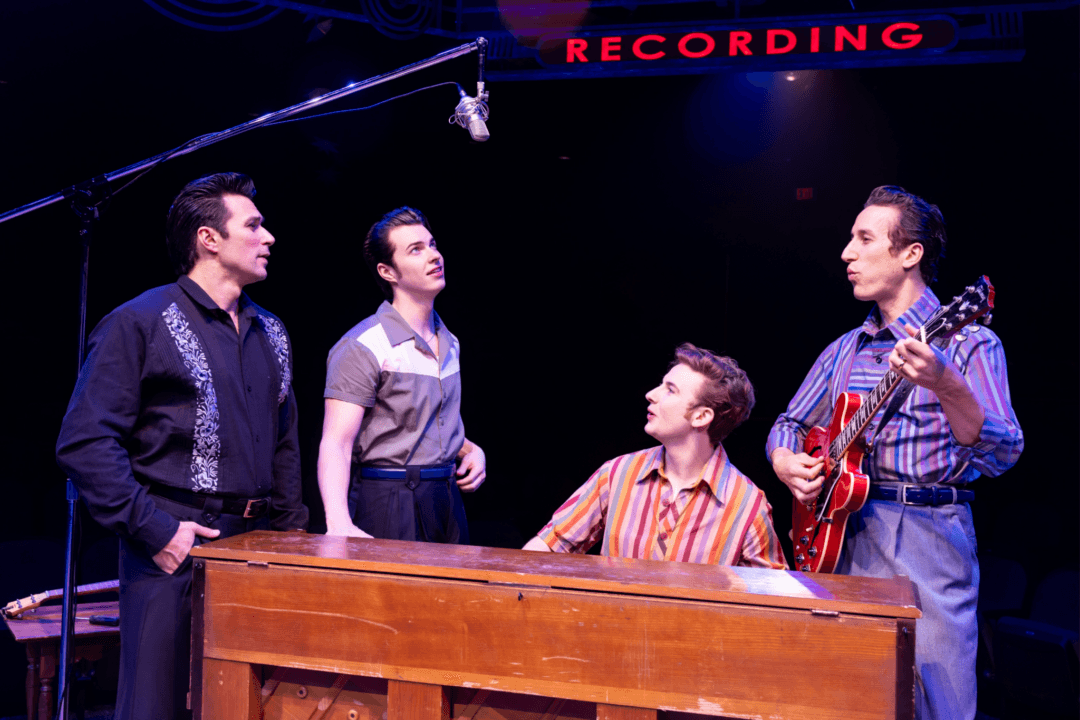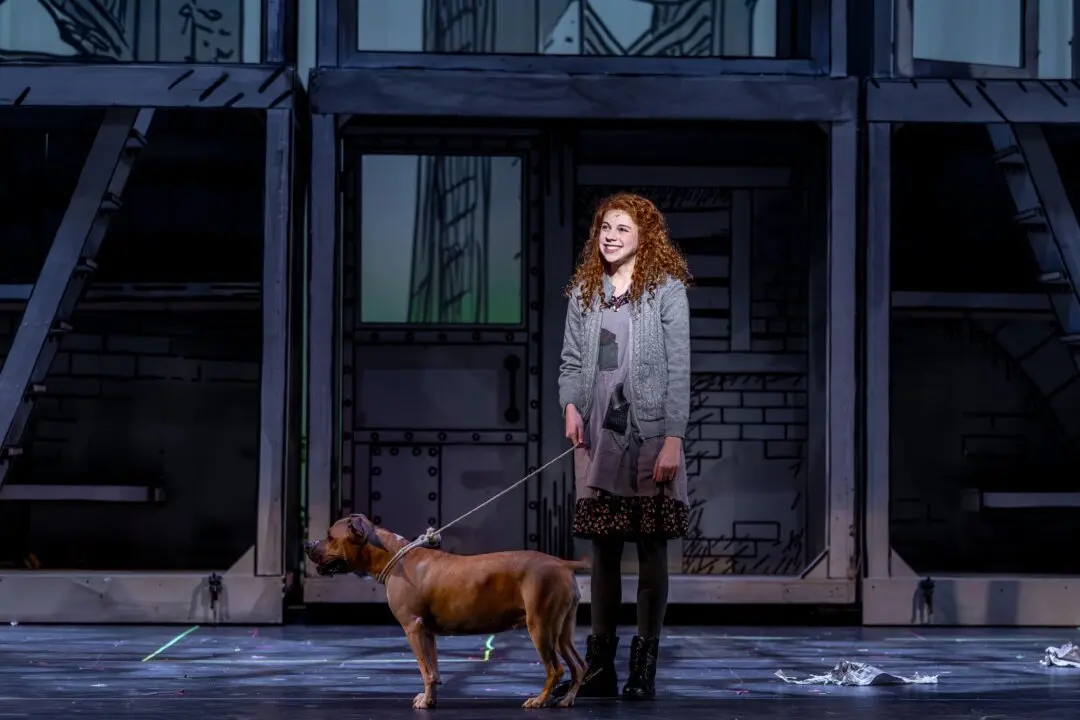CHICAGO, IL—With a title like “Swing State,” one might have reason to think this play, which opened in its world-premiere at the Goodman Theatre in Chicago, is about politics. But it’s really not.
The play takes place in the summer of 2021 in a cozy corner of rural Wisconsin, which may be why playwright Rebecca Gilman believes she has written a political work. Wisconsin, previously a Republican state (the Republican Party was founded in Ripon, Wisconsin), voted Democrat in the last election, which many have reason to believe was rigged. But that, and a comment about a local newspaper having supported the Republican nominee, is about all that could be construed as political. Everything else in “Swing State” is about the psychological issues of its characters.




